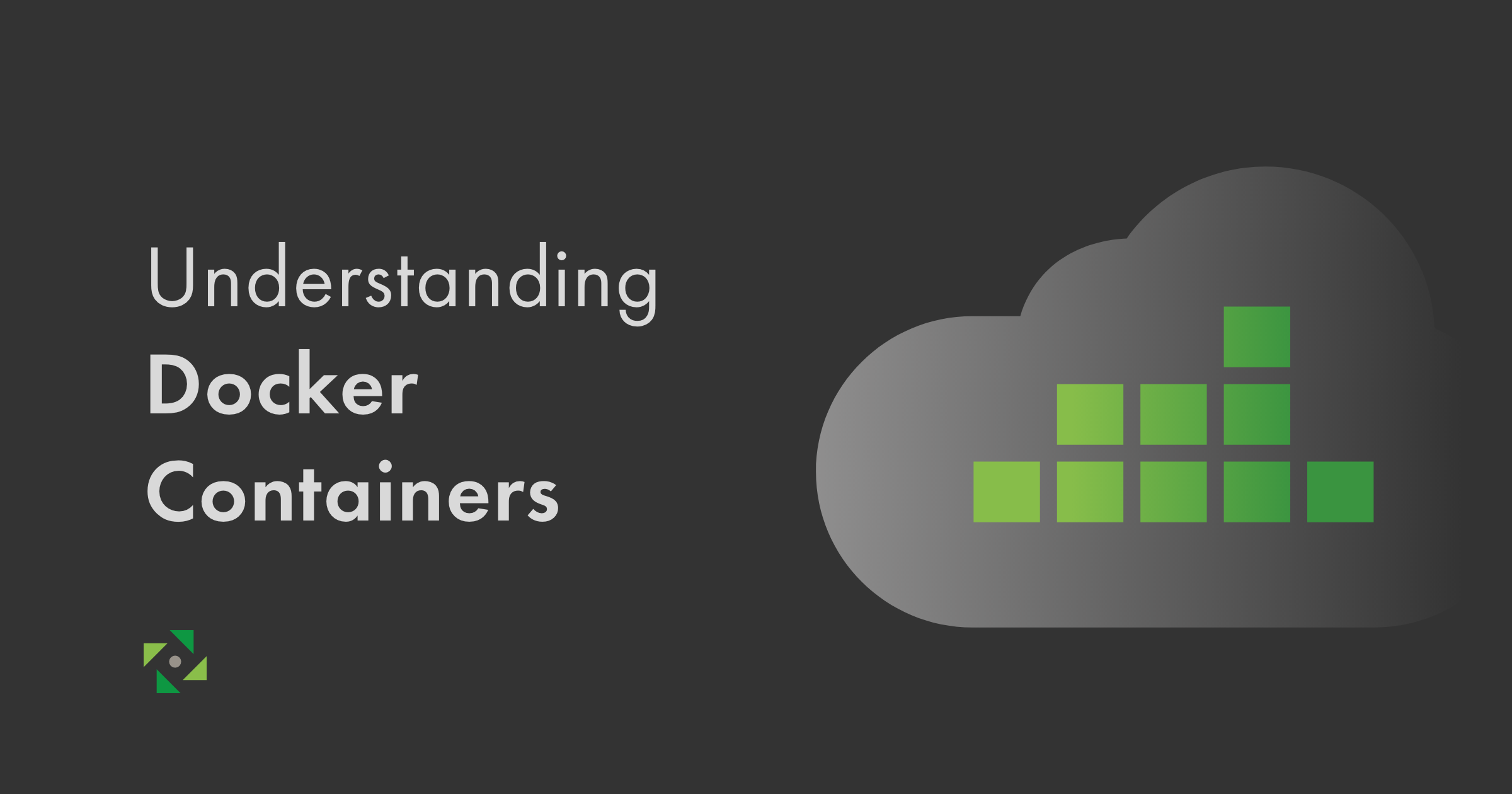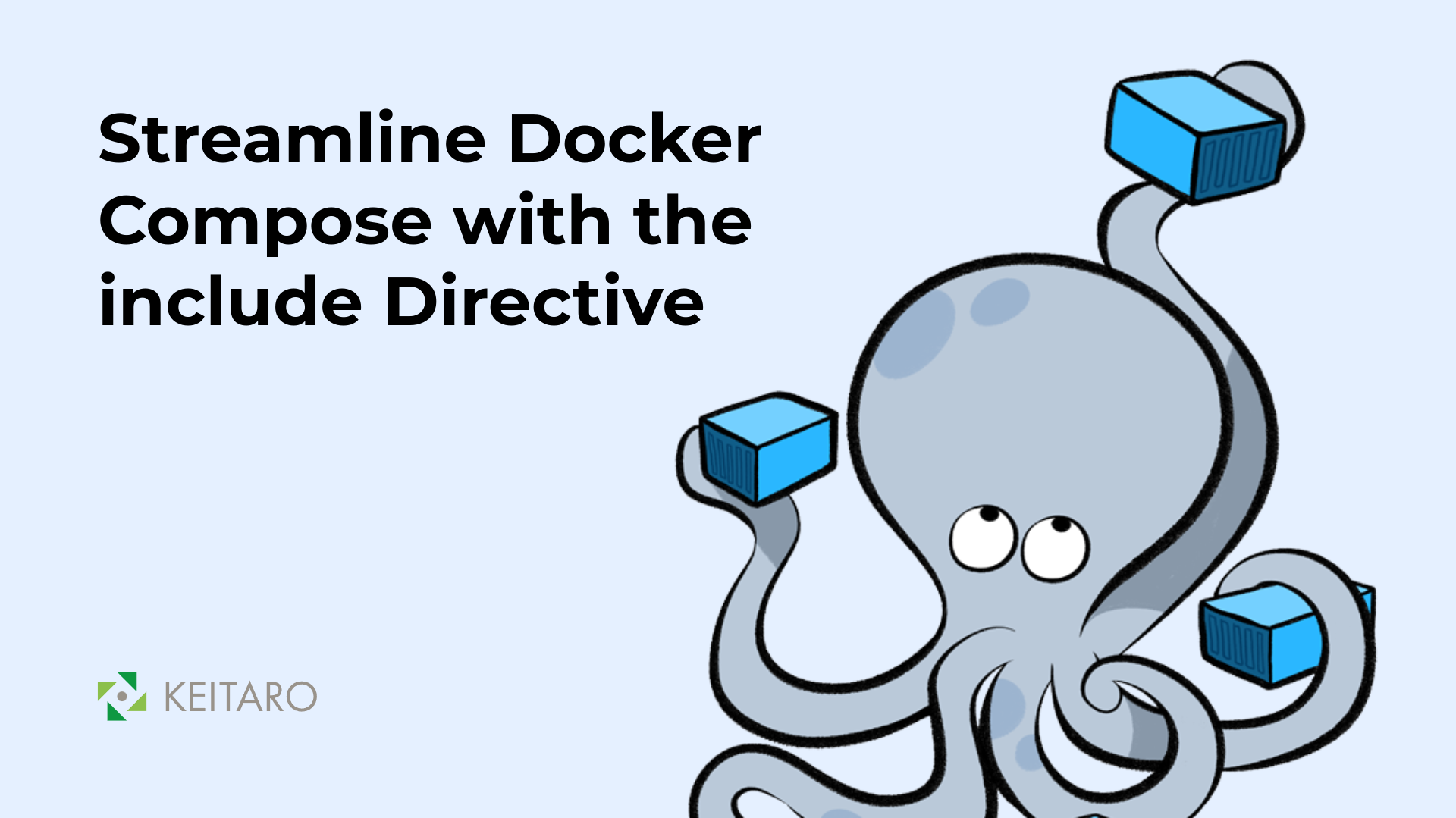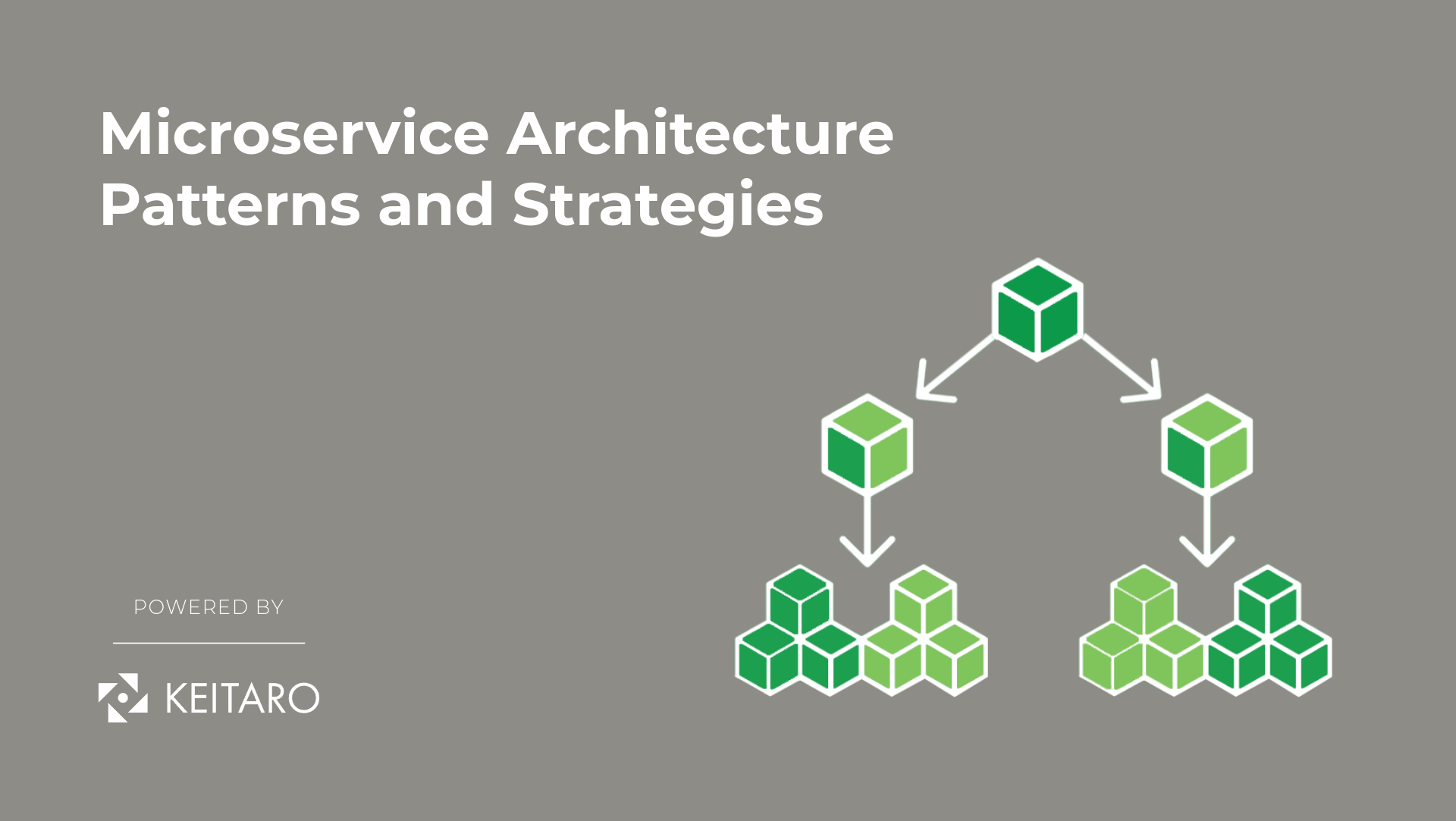Docker is one of the hot topics in DevOps lately. In simple words, Docker improves software development and business agility. It makes it quite simple and convenient to package and ship applications. In addition, it lets more apps to get easily run on the same old servers. All this is possible with Docker and it’s not even a decade-old platform. In this blog, we will shed light on Docker and cover up some basic concepts around it.
Why Docker?
Docker is an open-source technology that facilitates in developing, shipping, and executing applications. It lets developers separate the application from its underlying infrastructure in order to boost final application delivery and better execution.
The key advantage associated with Docker is that it lets applications get packaged in containers so that they become portable for any Windows or Linux system. Once an application is packaged including its dependencies into a Docker container, you can stay assured that it will execute in any environment.
By deploying applications via Docker you avoid them interfering with one another. This way, you can set up a container that contains multiple installed applications on it. You can give that container to the QA team, which then only requires executing the container to have the environment replicated.
In short, Docker ensures efficient development, saves time, and does not let you worry about what platform to use, as experienced in the case of Virtual Machines (VMs). But you must also be familiar with some common Docker terms, as follow:
Docker Images
Docker images are read-only files that contain instructions for deploying containers. A Docker image contains source code, dependencies, libraries, tools, and other files (in short the runtime environment) that are required to execute the code.
Docker Containers
Docker containers are virtualized runtime environments that enable application execution in an isolated setting from the underlying system. The technology of containers has been in the development world for quite a long-time, but Docker’s approach towards containers has revolutionized its use in applications development and packaging.
Dockerfile
A Dockerfile is a text file that contains a set of instructions (specific commands) to build Docker images. The benefit of Dockerfile over direct binary image storage is that the automatic builds make sure that you are accessing the latest version.
Common Docker Use Cases
- Efficient, Fast, and Consistent Configuration
It is simple to do configuration with Docker. You can just add the configurations in the code and set it up. It accelerates project setup and lets you use the same configurations constantly since Docker supports plenty of environments. Besides that, the consistency in the development environment also increases the productivity of new team members, as they don’t have to spend time on setting up the environment and can quickly start development in any programming language.
- Better Code Pipeline Management
As Docker simplifies configuration, it has a beneficial impact on code pipeline management. For example, during any software development, the code has to travel from the developer’s machine to the production team. Thereby, it involves different environments in between that usually have some differences. Docker delivers a consistent environment from the development stage to production. It let you execute containers locally without the need of installing software packages locally. Therefore, it eliminates the disparity between development and production environments and ensures uninterrupted code pipeline management.
- Efficient Disaster Recovery
A software firm cannot predict a disaster. It can happen anytime. But Docker provides a much more efficient way of disaster recovery. You can easily back up a Docker image at a particular state of the container and retrieve it back whenever you need it. For example, you are deploying a new software version and you find a bug in it. You can easily revert back to the last version with the Docker image. Similarly, if hardware fails and you want to transfer the work to new hardware, then you can replicate the work to the new hardware easily with Docker.
Final thoughts
The success of Docker in a short time frame showcases the value it provides to the developers. Docker containers provide machine freedom, consistent configuration, and easy room for deploying new developers. In short, Docker is the ideal development technology that is shining now and definitely in the future.



